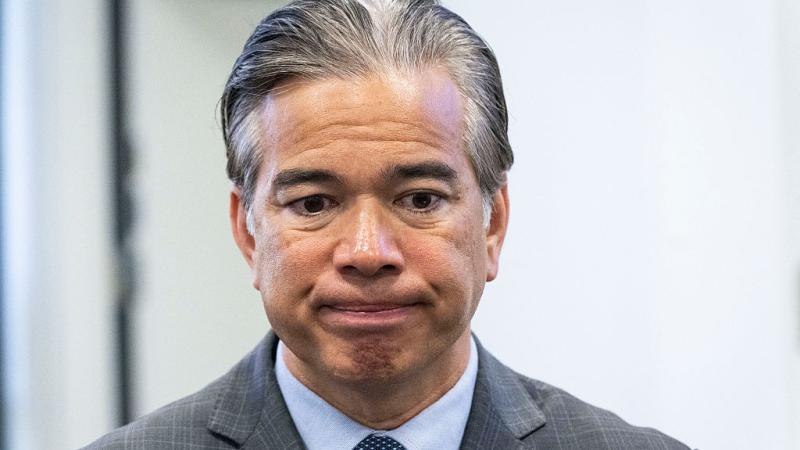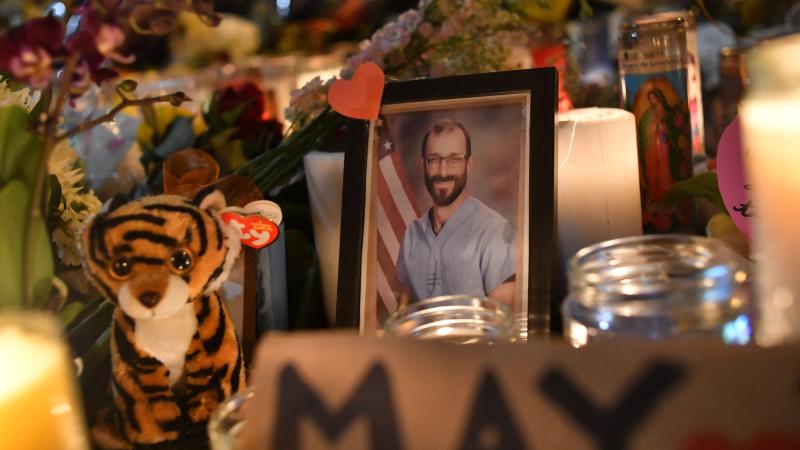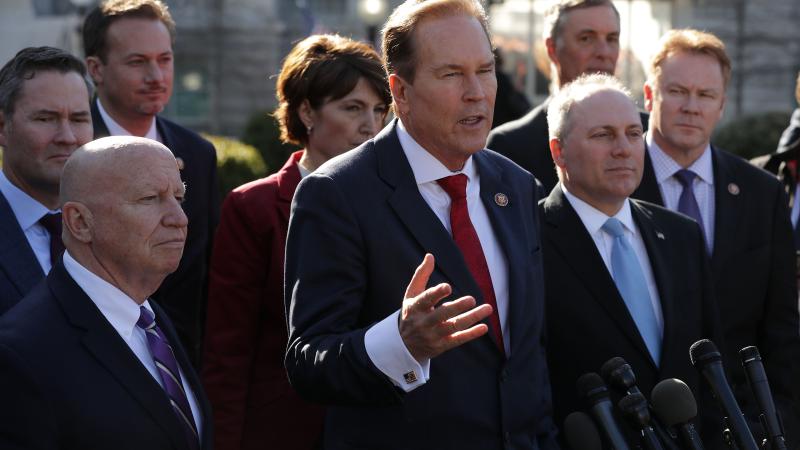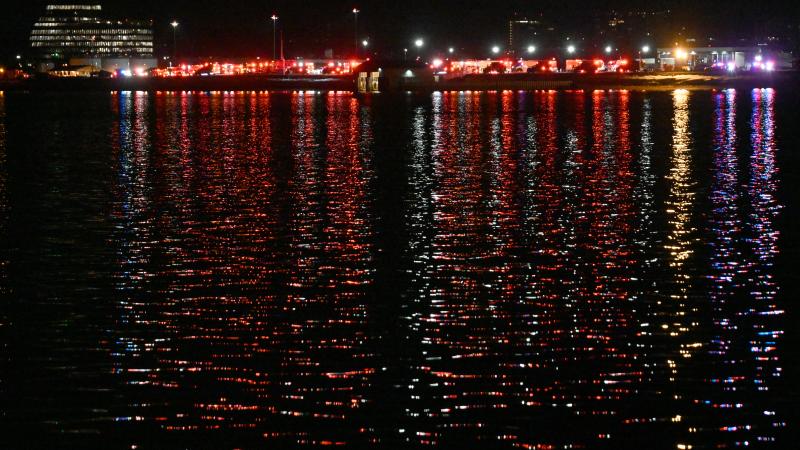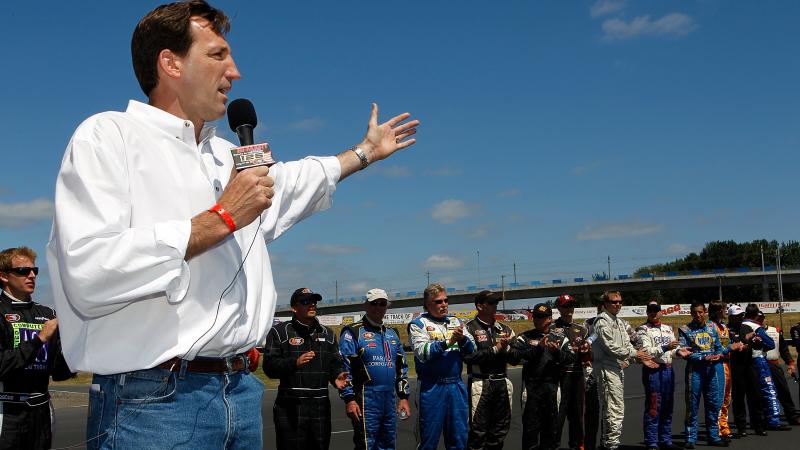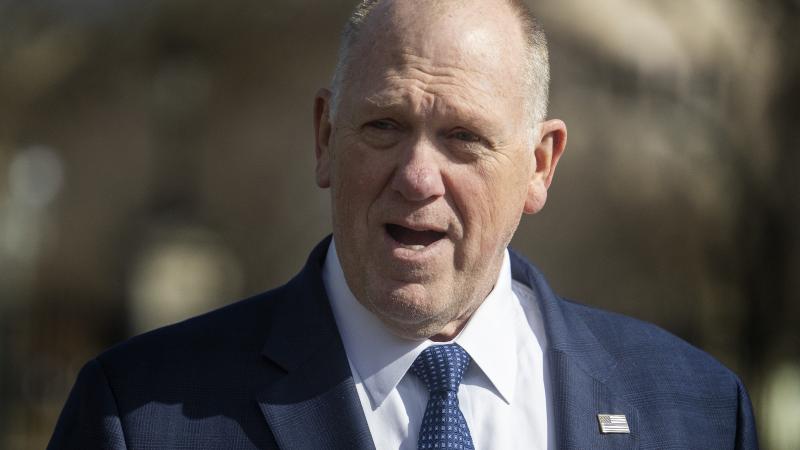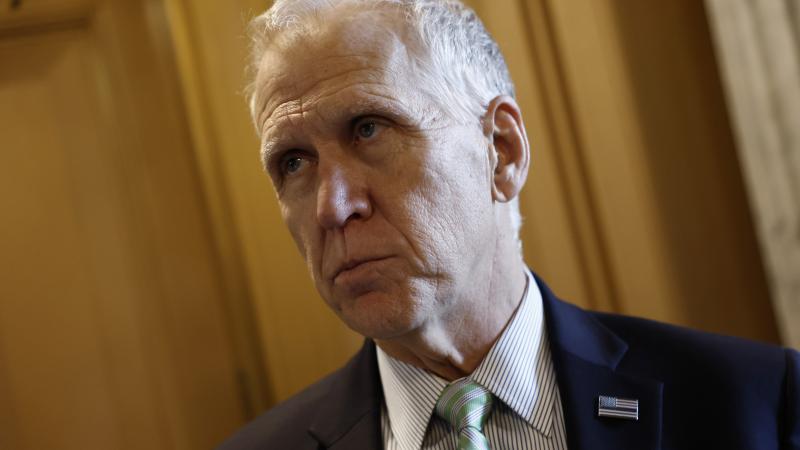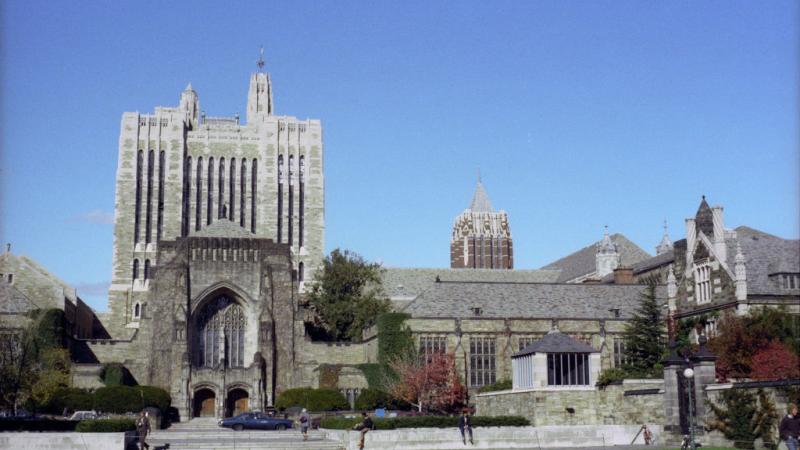California governor files brief supporting limits on homeless encampments
Newsom’s brief outlines how in San Francisco, the city is unable to order individuals to move structures blocking sidewalks or stop certain activities without making an offer of shelter — an offer “the courts may well scrutinize for its adequacy.”
(The Center Square) - California Governor Gavin Newsom filed an amicus brief with the U.S. Supreme Court asking the court to overturn or significantly revise an appellate court ruling blocking governments from limiting homeless encampments.
Under the 2018 Ninth Circuit Court ruling in Martin v. Boise, cities are unable to enforce anti-camping ordinances if they do not have shelter beds available for their homeless population. Other courts have since used this ruling to create ever-stronger standards for conditions that first must be met for homeless encampments to be cleared. This ruling was enhanced in Gloria Johnson, et al v. City of Grants Pass, the case Newsom filed his brief supporting, in which the Ninth Circuit Court ruled Grants Pass could not enforce its anti-camping ordinances relating to how one can camp on public property.
“The Ninth Circuit has transformed Martin into a virtually insurmountable roadblock with which district courts routinely enjoin common-sense limits on where those experiencing homelessness can sleep in public, and on the size and features of the encampments they set up in these public spaces,” wrote Newsom’s counsel in the brief. “California’s elected officials who seek in good faith to improve what often appears to be an intractable crisis have found themselves embroiled in years-long lawsuits, with shifting and unclear direction on what they can and cannot do to make the spaces occupied by unhoused people safer for those within and near them.”
“Clearing encampments gets people out of dangerous situations and into housing and restores encampments to safe, clean, and usable public spaces while addressing the conditions underlying encampments,” continued Newsom’s counsel.
Newsom’s brief outlines how in San Francisco, the city is unable to order individuals to move structures blocking sidewalks or stop certain activities without making an offer of shelter — an offer “the courts may well scrutinize for its adequacy.”
The brief also explains how the two cases were used in Arizona courts to block rules that limit camping and sleeping on public rights-of-way and require that “officers must investigate the individual’s circumstances and determine if there is shelter space available.” The Arizona ruling found the ordinance was unconstitutional because Phoenix did not contest “that there are more unsheltered individuals than shelter beds,” thus creating a new requirement that cities cannot create camping ordinances unless there is shelter space for the entire homeless population.
The ACLU of Northern California, which is representing homeless individuals against the city of San Francisco, opposes the reference of the city’s policies in relation to Grants Pass, arguing the city does not make reasonable efforts to make accommodations for homeless individuals.
“Only one of 13 claims in the San Francisco lawsuit directly builds on the findings in Grants Pass. Grants Pass is silent on the issues of San Francisco’s destruction of unhoused people’s personal property that they need to survive, the City’s failure to make reasonable accommodations for people with disabilities, and whether the manner in which encampments are cleared unlawfully endangers people’s lives. A ruling in Grants Pass from the Supreme Court will not resolve those claims,” wrote the ACLU.
Newsom says that he believes “the status of being homeless should not be criminalized, and no individual should face criminal penalties under an all-times, all-places prohibition on sleeping outdoors when they have not been offered shelter and have nowhere else to go within the jurisdiction,” but that time or place restrictions — not blanket bans — have an important part to play in helping homeless individuals get the shelter and treatment they need.
Though Newsom's administration has spent over $22 billion on homelessness programs, the state’s homeless population has continued to increase, rising 5.8% in 2023 to over 181,000 people.



